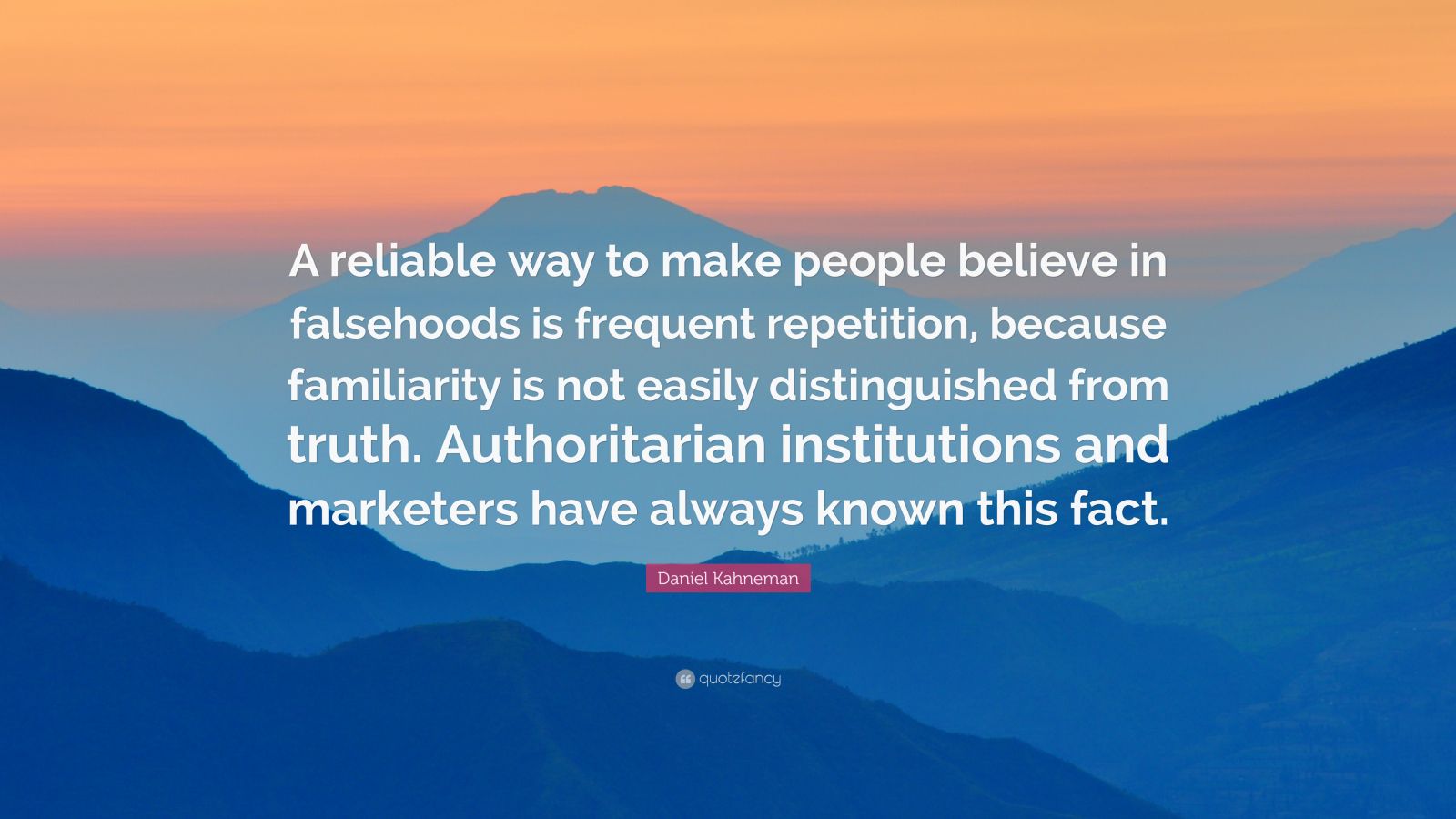How to Launch a Behavior-Change Revolution - Freakonomics Freakonomics
"...
KAHNEMAN: There are driving forces that drive you in a particular direction.
There are restraining forces. Which are preventing you from going there.
.... behavior is an equilibrium between the driving and the restraining forces.
You can see that the speed at which you drive, for example, is an equilibrium. When you are rushing some place, you feel tired, or you’re worried about police. There is an equilibrium speed. A lot of things can be described as an equilibrium between driving and restraining forces.
Lewin’s insight was that if you want to achieve change in behavior, there is one good way to do it and one bad way to do it. The good way to do it is by diminishing the restraining forces, not by increasing the driving forces. That turns out to be profoundly non-intuitive."
It turns out that the way to make things easier is almost always by controlling the individual’s environment, broadly speaking. By just making it easier. Is there an incentive that work against it? Let’s change the incentives. If there is social pressure? If there is somebody who is against it, I want to influence B. But there is A in the background, and it’s actually A who is a restraining force on B. Let’s work on A, not on B.
KAHNEMAN: Diminishing the restraining forces is a completely different kind of activity, because instead of asking, “How can I get him or her to do it?” it starts with a question of, “Why isn’t she doing it already?” Very different question. “Why not?” Then you go one by one systematically, and you ask, “What can I do to make it easier for that person to move?”
It turns out that the way to make things easier is almost always by controlling the individual’s environment, broadly speaking. By just making it easier. Is there an incentive that work against it? Let’s change the incentives. If there is social pressure? If there is somebody who is against it, I want to influence B. But there is A in the background, and it’s actually A who is a restraining force on B. Let’s work on A, not on B.
I have never heard a psychological idea that impressed me quite as much as this one, perhaps because I was at an impressionable age."
Kahneman had some more wisdom to add:
Over-promising is part of the game, you know? You can’t get anywhere without some degree of over-promising."
Daniel Kahneman - Biographical @NobelPrize

No comments:
Post a Comment